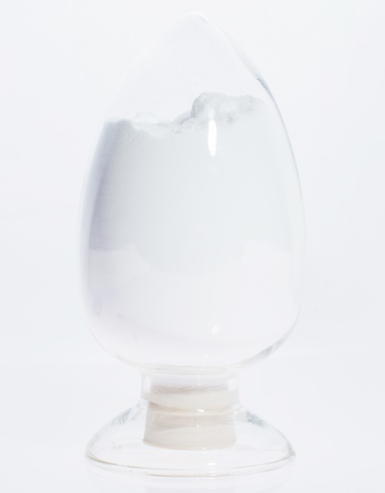
News
Sep . 10, 2024 10:27 Back to list
potassium fulvic acid
The Benefits of Potassium Fulvic Acid A Natural Boost for Soil and Plant Health
Potassium fulvic acid, a natural compound derived from the decomposition of organic matter, has gained significant attention in the fields of agriculture and horticulture. This organic acid is a part of the larger family of humic substances found in soil, peat, and lake sediments, and is known for its beneficial effects on plant growth and soil health.
One of the primary advantages of potassium fulvic acid is its ability to enhance nutrient uptake in plants. It acts as a natural chelator, binding to essential nutrients in the soil, such as nitrogen, phosphorus, and potassium, making them more readily available to plants. This improved nutrient availability promotes healthier plant growth and can lead to higher yields in agricultural settings. By facilitating the absorption of these vital elements, potassium fulvic acid helps plants to develop robust root systems, lush foliage, and vibrant blooms.
Moreover, potassium fulvic acid can improve soil structure and fertility
. When added to soil, it enhances water retention capabilities, allowing for more efficient moisture use during dry periods. This is particularly beneficial in regions prone to drought, where water scarcity can devastate crops. Additionally, potassium fulvic acid promotes the growth of beneficial microorganisms in the soil, which play a crucial role in the decomposition of organic matter and the cycling of nutrients, further enhancing soil health.potassium fulvic acid

Another noteworthy benefit of potassium fulvic acid is its impact on the plant’s resilience to environmental stressors. Studies have shown that when plants are treated with potassium fulvic acid, they exhibit greater tolerance to adverse conditions such as high salinity, extreme temperatures, and pest infestations. This adaptability can be a game-changer for farmers facing the challenges of changing climate conditions and the increasing prevalence of soil degradation.
Furthermore, potassium fulvic acid has applications beyond agricultural use. It is increasingly being utilized in hydroponics and aquaponics systems, where it assists in maintaining a balanced nutrient solution that supports the growth of various crops. It can also be found in certain supplements aimed at improving human health, as it possesses detoxifying properties, assisting in the removal of heavy metals and toxins from the body.
In conclusion, potassium fulvic acid is an invaluable resource for improving plant health and enhancing soil quality. Its multifaceted benefits—ranging from increased nutrient availability and soil fertility to stress resilience and ecological balance—make it a powerful ally for sustainable agriculture and gardening practices. Embracing the use of potassium fulvic acid can lead to not only healthier plants but also a more sustainable environment. As the agricultural sector continues to seek innovative solutions to meet global food demands, potassium fulvic acid stands out as a natural and effective option for enhancing productivity and sustainability.
-
Polyaspartic Acid Salts in Agricultural Fertilizers: A Sustainable Solution
NewsJul.21,2025
-
OEM Chelating Agent Preservative Supplier & Manufacturer High-Quality Customized Solutions
NewsJul.08,2025
-
OEM Potassium Chelating Agent Manufacturer - Custom Potassium Oxalate & Citrate Solutions
NewsJul.08,2025
-
OEM Pentasodium DTPA Chelating Agent Supplier & Manufacturer High Purity & Cost-Effective Solutions
NewsJul.08,2025
-
High-Efficiency Chelated Trace Elements Fertilizer Bulk Supplier & Manufacturer Quotes
NewsJul.07,2025
-
High Quality K Formation for a Chelating Agent – Reliable Manufacturer & Supplier
NewsJul.07,2025
